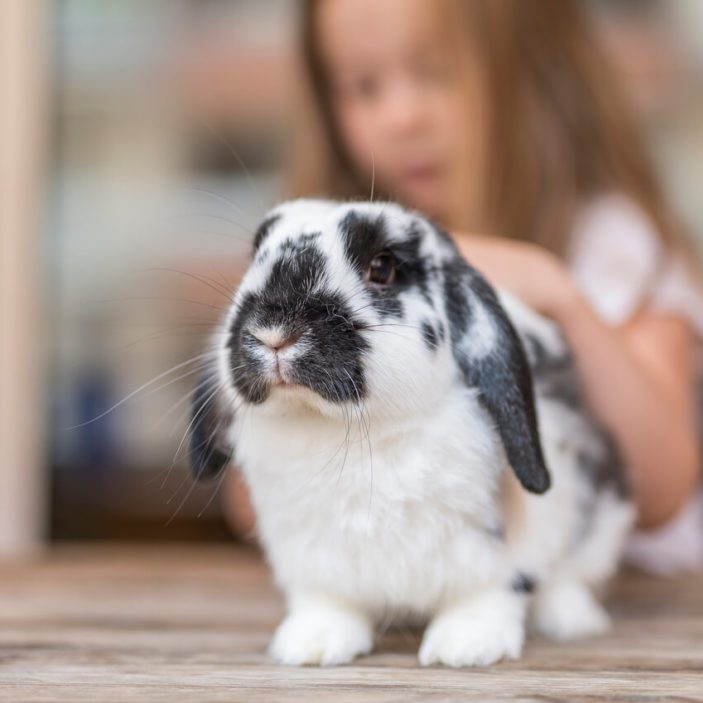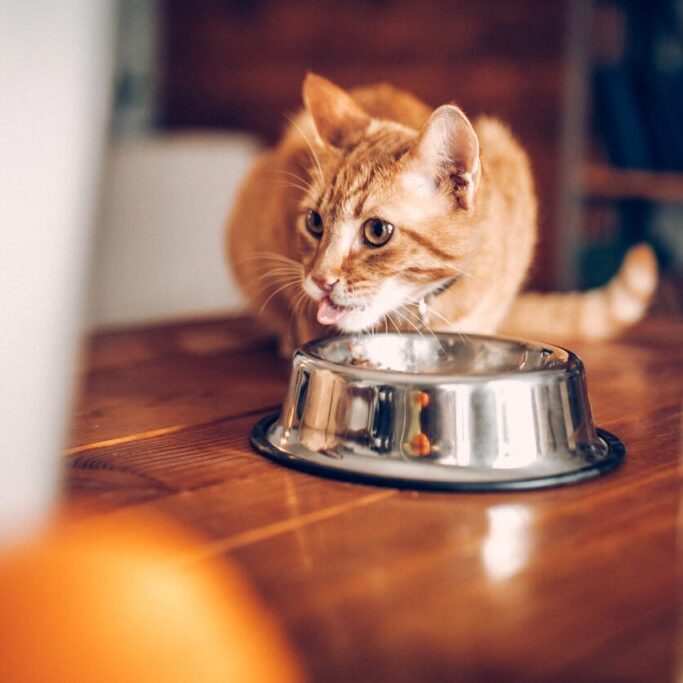Pets 101
Keeping Our Homes Safe for Pets

Press the play button above to hear our latest podcast.
Dr. Justine Lee is a double boarded veterinarian in critical care and toxicology, so of course the perfect person to sit down with our host, Dr. Natalie Marks, to talk about ways we can make sure that our homes are safe for our pets. In this VetScoop podcast they cover everything from things our pets might chew or ingest, to issues with protecting our pets from medications and poisons. And of course we cover everything we need to do to keep our homes safe for the holidays.
Dr. Justine Lee:
So my general role is when you get a new dog or cat is to actually get on your knees and crawl around the house, because you’re going to see a whole different view or perspective of things that are chewable. There are so many things that especially young puppies and young kittens like to chew into. So it could be something as simple as an electric cord or a phone charger that they could chew and get an electrical burn in their mouth. So start by doing that. The next thing I recommend is learning how to pet proof. So not only have you crawled around in your house, on your knees, now you’re going to pet proof. And for you Labrador retriever owners that may include buying a garbage can. That has a sensor over the top, or that has a lid or moving it into a pantry.
Dr. Justine Lee on Crate Training:
Crate training your dog is important, especially you Labrador retriever owners, only because they are chow hounds and they love to counter surfing, getting into things. If you appropriately crate train a dog, they don’t view a crate and should not view a crate as punishment. They should view it as a den, just like the wolf is going to sleep in a den. We always want to train a new puppy to get used to that den-like environment of a crate. So talk to your veterinarian. When you pick a crate, you want to create that’s big enough for your dog to stand in, but not too big, where they’re going to go over to the other side of the crate and urinate or defecate in it. You always want to leave the crate door open when you’re home. So you do positive things in there. You put in a nice blanket, as long as your dog doesn’t chew on it. You give all the treats, you give the meals in that crate. So again, it shouldn’t be viewed as punishment. That way, when you have to leave, you crate, train your dog to go in there. And that way they’re safe from counter surfing or getting into anything poisonous.
Dr. Justine Lee on Human Medication Hazards:
If you have human medication that you’re on and your pet is on medication, you want to store them in two different areas. I can’t tell you how many times I see pet owners accidentally take their dogs medication, and they accidentally give their human medication to their dog. So keep your medication in the kitchen, keep your dog’s medication in the bathroom or vice versa, but just make sure that you’re storing it out of reach.
Did you find this helpful? Share it!
Recent Posts
About VetScoop
Pets make our lives better. At VetScoop, we’re on a mission to return the favor by giving you access to trustworthy, science-based information so you can provide the best possible care for your pets.
Related Posts We Think You'd Like





